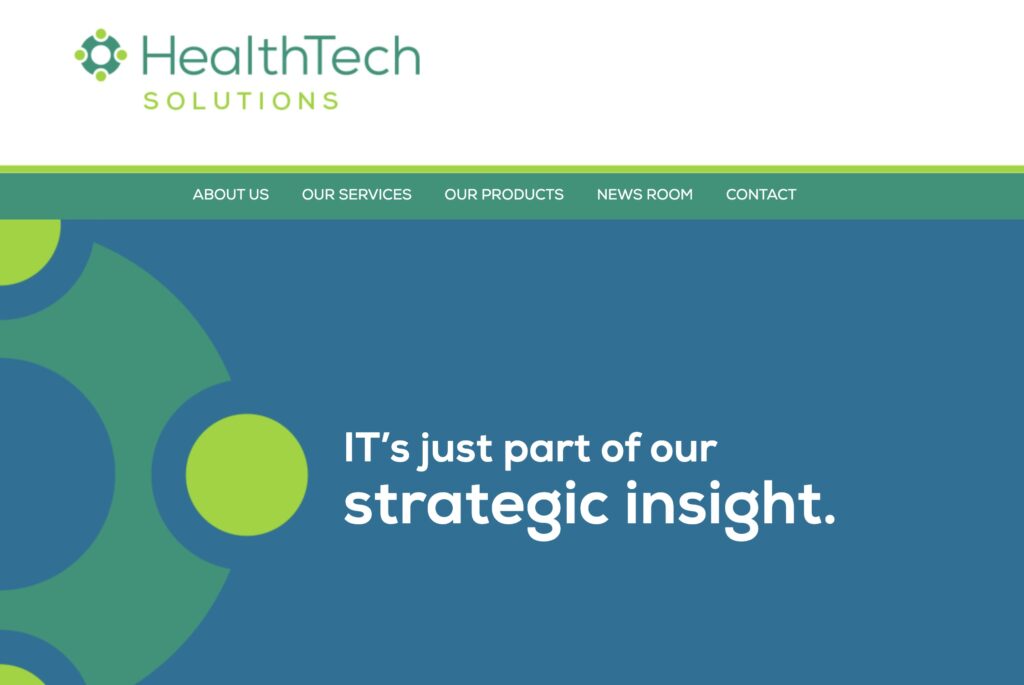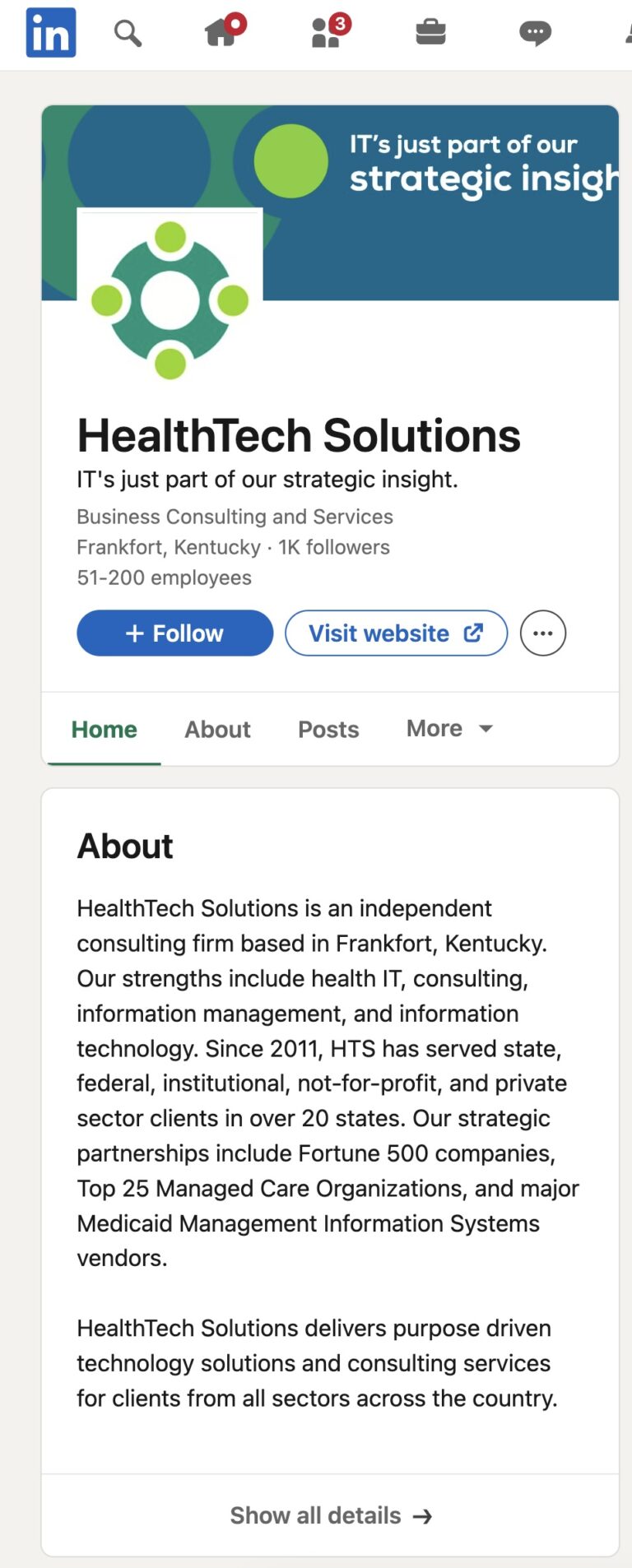HealthTech Solutions Inc Faces Financial Crisis

Allegations of Unpaid Fees and Insolvency
HealthTech Solutions Inc., known by its stock code HLTT and in the process of rebranding to World Reach Holdings, Inc, is under scrutiny due to allegations of unpaid management fees. The former CTO claims $111,006.00 in unpaid dues, highlighting significant cash flow problems within the company. This financial instability is underscored by accusations against David Rubin, the current CEO, for personal debts owed to the same person amounting to $40,000, with none of these debts being settled to date.
The financial distress facing HLTT not only signals operational challenges but also threatens its standing within the healthcare system. Certification by the State Survey Agency, an official recommendation based on the compliance with the Social Security Act and Federal regulations, is critical for entities like HLTT to be recognized as providers or suppliers capable of charging Medicare. Losing its Certified Medicare Service Provider (CMS) designation could be catastrophic, stripping HLTT of the ability to meet the Social Security Act’s provider or supplier definitions and comply with the standards required by Federal regulations. This failure would not just impact HLTT’s business model but could fundamentally disrupt its ability to operate, underscoring the existential threat posed by its current financial crisis.
Further complicating matters, the 2022 10-K SEC filing from HLTT contains potentially misleading information, claiming that the ex CTO was paid $72,000—a statement contradicted by the unpaid fees allegations. Such discrepancies raise questions about the accuracy of HLTT’s financial disclosures and contribute to the perception of financial mismanagement.
Debt Woes Threaten Viability
Sources close to the company reveal that HLTT lacks capital to fund daily operations, pay vendors, and retain top talent. The debt owed to the former CTO is not insignificant and shakes the core of the public’s perception of the listed entity.
Such financial constraints limit the organization’s ability to drive product development and secure crucial regulatory approvals. It also puts at risk HLTT’s Certified Medicare Service Provider (CMS) designation, which enables the company to be reimbursed for Medicare claims.
Losing CMS status could substantially impact HLTT’s business model and cut revenues. Moreover, the company depends heavily on partnerships with larger manufacturers for distribution and licensing deals – relationships that may sour given doubts over HLTT’s sustainability.
HLTT’s uncertain future has wider implications as healthcare providers increasingly look to partner with agile technology startups addressing unmet clinical needs. HLTT’s example may give pause to other medical corporations considering investments in promising upstarts.
“It’s a very competitive environment when it comes to attracting development deals with the top medical centers and pharma companies,” notes a prominent healthcare VC fund manager. “Signs of instability could hurt a listed company’s chances despite having innovative technology.”
Navigating the Crisis
Industry observers worry that without emergency funding, HLTT will need to cut jobs and even initiate insolvency or wind-up proceedings. Such a downward spiral could upend the company’s ambitious plans to continue to develop and innovate.
As HLTT confronts these serious financial and regulatory challenges, its ability to innovate and sustain operations hangs in the balance. The situation serves as a stark reminder of the complexities of managing finances and regulatory compliance in the highly competitive and rapidly evolving healthcare technology industry. How HLTT addresses these issues will be crucial for its survival and future success.
Experts note the manifold challenges of building a sustainable business model around novel healthcare technologies. “It’s an unfortunate Catch-22: these companies need sufficient financing to unlock lifesaving innovations, but may flounder financially before their products demonstrate market viability,” says former CTO.
HLTT now embodies this “innovator’s dilemma” – possessing forward-thinking technologies but struggling to balance long-term vision with immediate financial realities.

Proceed with Extreme Caution
The unfolding financial strain on HealthTech Solutions Inc. threatens not just its own innovative projects and employee welfare but also signals a cautionary tale for the broader industry. Financial adaptability and resilience are paramount in the volatile landscape of healthcare technology. As HealthTech Solutions navigates these turbulent waters, the industry watches closely, pondering the delicate balance between innovation, regulatory compliance, and financial health.
How HLTT navigates this crisis remains uncertain. Without an infusion of investment capital or structual reorganization, the once high-flying listed entity risks joining the ranks of failed ventures that boasted promise but couldn’t stay financially afloat. For now, the company declines requests for comments on its fiscal situation.




